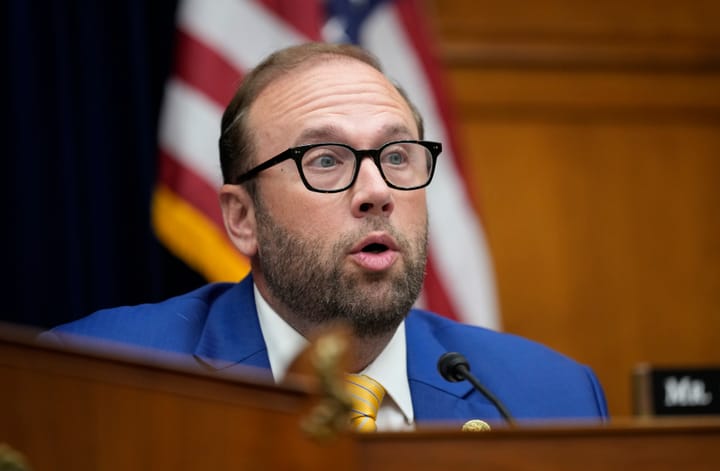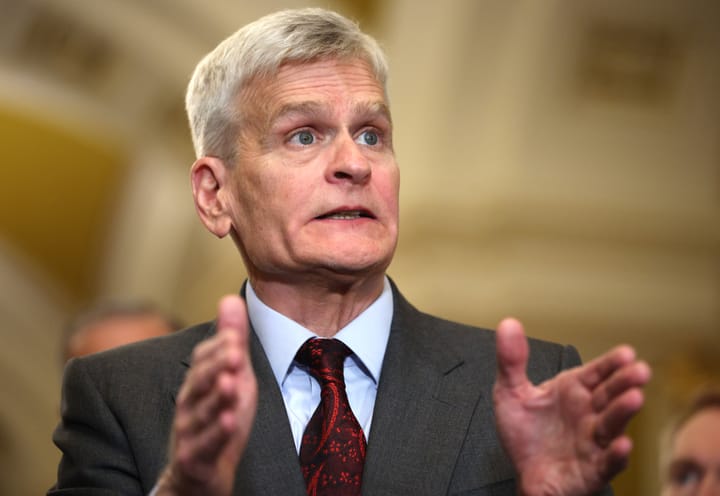As Republicans in Congress craft their budget megabill, the House Ways and Means Committee is at the center of high-stakes decisions on tax policies that could pour billions into corporate pockets. Leading that charge is Rep. Jason Smith (R-Mo.), the committee chair and Congress’ top 2024 election cycle recipient of corporate PAC money, including donations from the PACs of giants like AT&T, Duke Energy, and Bank of America that have paid low effective tax rates in recent years and have billions at stake in the pending tax code overhaul.
Smith raked in more than $3.3 million from business PACs during the 2024 election cycle, the most of any House member in any cycle since at least 2002, according to OpenSecrets. Dozens more corporate PACs, including Google, Bank of America, and Anheuser-Busch, continued to cut him $5,000 checks—the annual maximum—in early 2025, according to data from the Federal Election Commission.
The Ways and Means Committee’s portion of the giant reconciliation bill centers on provisions from the 2017 Tax Cuts and Jobs Act (TCJA). Bonus depreciation, letting companies deduct equipment costs upfront, is scheduled to phase out and could cost hundreds of billions to extend. R&D expensing, which is now spread over 5–15 years instead of immediately, may be restored at a cost of $150 billion or more, aiding tech and aerospace firms like Boeing and pharmaceutical companies like Pfizer. The corporate tax rate, which was cut from 35% to 21% by the TCJA, is likely to remain at the new lower level, though some Republicans are calling for pushing it even lower, to 15%, and Smith said last year that some other Republicans are wondering why the idea of raising the rate is not on the table.
These measures would boost corporate profits but risk pushing up the already $30 trillion-plus national debt. The bill’s $2 trillion in required spending cuts, as directed by the House’s 2025 budget resolution, is expected to target Medicaid and SNAP benefits, hitting low-income families the hardest.



